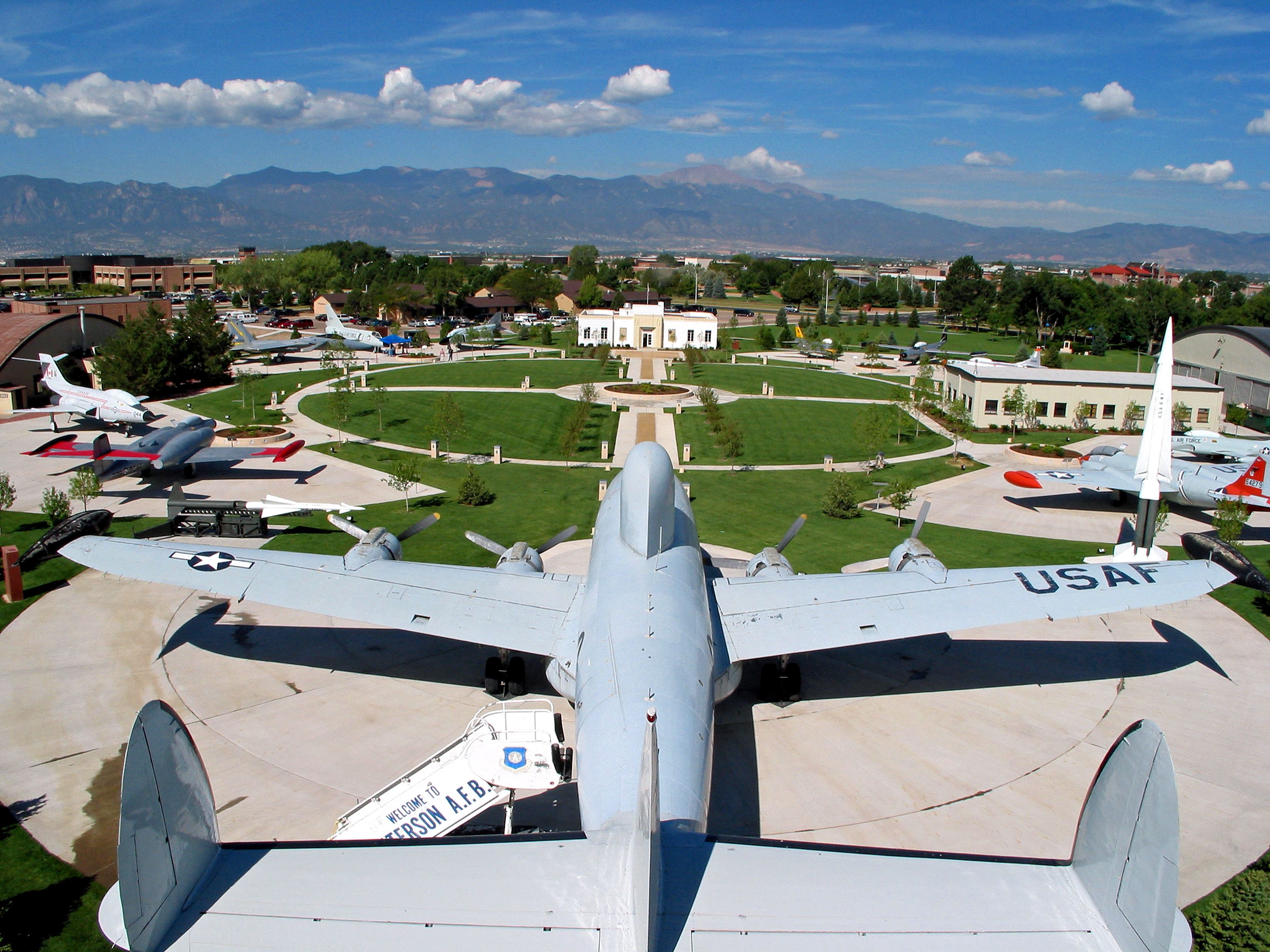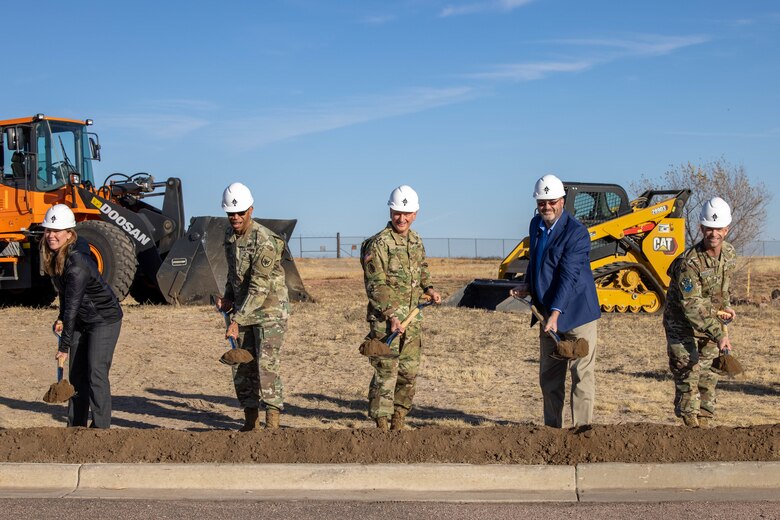Peterson Air Force Base: A Vital Hub for Space and Missile Operations
Related Articles: Peterson Air Force Base: A Vital Hub for Space and Missile Operations
Introduction
With great pleasure, we will explore the intriguing topic related to Peterson Air Force Base: A Vital Hub for Space and Missile Operations. Let’s weave interesting information and offer fresh perspectives to the readers.
Table of Content
Peterson Air Force Base: A Vital Hub for Space and Missile Operations
Peterson Air Force Base (Peterson AFB), located in Colorado Springs, Colorado, is a strategically significant installation playing a vital role in the United States’ national security. This base serves as a central hub for space and missile operations, housing diverse units dedicated to safeguarding American interests in the domain of space and missile defense.
A Glimpse into the Base’s Geography
Peterson AFB occupies approximately 1,400 acres of land, nestled at the foot of the majestic Rocky Mountains. The base’s layout reflects its multifaceted mission, with distinct areas dedicated to specific functions.
- The Main Base Area: This central zone houses administrative buildings, operational facilities, and support services. It includes the Peterson AFB headquarters, the Air Force Space Command headquarters, and numerous other critical offices.
- The Missile Warning Center: Located within the main base area, this facility is a crucial element of the nation’s missile defense system. It constantly monitors for potential ballistic missile threats, providing critical early warning to decision-makers.
- The Space Delta 4: This unit, responsible for space domain awareness, operates within the main base area. Its mission involves tracking and identifying objects in space, ensuring the safety and security of American assets in orbit.
- The Space Delta 1: This unit, located within the main base area, is responsible for operating and maintaining the Global Positioning System (GPS), a vital navigation system used worldwide.
- The Space Delta 2: This unit, responsible for space control, operates within the main base area. Its mission involves protecting American space assets from threats and ensuring the freedom of space for peaceful purposes.
- The Space Delta 3: This unit, responsible for space launch and range operations, operates within the main base area. Its mission involves supporting the launch and testing of space vehicles, ensuring their safe and successful deployment.
- The Space Delta 5: This unit, responsible for space training, operates within the main base area. Its mission involves providing training to space operators, ensuring they are prepared to meet the challenges of the modern space environment.
- The Space Delta 6: This unit, responsible for space cyber operations, operates within the main base area. Its mission involves protecting American space assets from cyber threats and ensuring the security of space infrastructure.
- The Space Delta 7: This unit, responsible for space data management, operates within the main base area. Its mission involves managing and distributing space data, ensuring its accuracy and accessibility to authorized users.
- The Space Delta 8: This unit, responsible for space operations support, operates within the main base area. Its mission involves providing logistical and technical support to space operations, ensuring their smooth and efficient execution.
- The Space Delta 9: This unit, responsible for space systems development, operates within the main base area. Its mission involves developing and testing new space systems, ensuring they meet the needs of the nation’s space program.
- The Space Delta 10: This unit, responsible for space research and development, operates within the main base area. Its mission involves conducting research and developing new technologies for the space domain, advancing the capabilities of the nation’s space program.
- The Space Delta 11: This unit, responsible for space education and outreach, operates within the main base area. Its mission involves educating the public about space and its importance, fostering interest in space exploration and inspiring the next generation of space professionals.
- The Space Delta 12: This unit, responsible for space logistics and sustainment, operates within the main base area. Its mission involves providing logistical and sustainment support to space operations, ensuring their continuity and effectiveness.
- The Space Delta 13: This unit, responsible for space intelligence, operates within the main base area. Its mission involves collecting and analyzing intelligence on space activities, providing insights into potential threats and opportunities.
- The Space Delta 14: This unit, responsible for space communication, operates within the main base area. Its mission involves managing and operating space communication systems, ensuring secure and reliable communications for space operations.
- The Space Delta 15: This unit, responsible for space policy and strategy, operates within the main base area. Its mission involves developing and implementing space policy, ensuring the nation’s space program aligns with national security objectives.
- The Space Delta 16: This unit, responsible for space law and governance, operates within the main base area. Its mission involves ensuring compliance with international space law and promoting responsible space activities.
- The Space Delta 17: This unit, responsible for space diplomacy and engagement, operates within the main base area. Its mission involves engaging with international partners on space issues, promoting cooperation and collaboration in the space domain.
- The Space Delta 18: This unit, responsible for space technology transfer, operates within the main base area. Its mission involves transferring space technologies to the commercial sector, fostering innovation and economic growth.
The Importance of Peterson AFB
Peterson AFB plays a crucial role in safeguarding American interests in space and missile defense. Its diverse units, including the Air Force Space Command, the Missile Warning Center, and various Space Deltas, are dedicated to:
- Space Domain Awareness: Tracking and identifying objects in space, ensuring the safety and security of American assets in orbit.
- Missile Defense: Detecting and intercepting ballistic missile threats, protecting the United States from attack.
- Space Operations: Operating and maintaining vital space systems like GPS, ensuring their functionality and reliability.
- Space Control: Protecting American space assets from threats and ensuring the freedom of space for peaceful purposes.
- Space Launch and Range Operations: Supporting the launch and testing of space vehicles, ensuring their safe and successful deployment.
- Space Training: Providing training to space operators, ensuring they are prepared to meet the challenges of the modern space environment.
- Space Cyber Operations: Protecting American space assets from cyber threats and ensuring the security of space infrastructure.
- Space Data Management: Managing and distributing space data, ensuring its accuracy and accessibility to authorized users.
- Space Operations Support: Providing logistical and technical support to space operations, ensuring their smooth and efficient execution.
- Space Systems Development: Developing and testing new space systems, ensuring they meet the needs of the nation’s space program.
- Space Research and Development: Conducting research and developing new technologies for the space domain, advancing the capabilities of the nation’s space program.
- Space Education and Outreach: Educating the public about space and its importance, fostering interest in space exploration and inspiring the next generation of space professionals.
- Space Logistics and Sustainment: Providing logistical and sustainment support to space operations, ensuring their continuity and effectiveness.
- Space Intelligence: Collecting and analyzing intelligence on space activities, providing insights into potential threats and opportunities.
- Space Communication: Managing and operating space communication systems, ensuring secure and reliable communications for space operations.
- Space Policy and Strategy: Developing and implementing space policy, ensuring the nation’s space program aligns with national security objectives.
- Space Law and Governance: Ensuring compliance with international space law and promoting responsible space activities.
- Space Diplomacy and Engagement: Engaging with international partners on space issues, promoting cooperation and collaboration in the space domain.
- Space Technology Transfer: Transferring space technologies to the commercial sector, fostering innovation and economic growth.
Peterson AFB: A Vital Component of National Security
Peterson AFB is a vital component of the United States’ national security apparatus. Its strategic location, diverse mission sets, and highly skilled personnel contribute significantly to safeguarding American interests in the space and missile defense domains. The base’s contributions to space domain awareness, missile defense, and space operations are essential for maintaining national security and protecting American lives.
Frequently Asked Questions
Q: What is the primary mission of Peterson AFB?
A: Peterson AFB serves as a central hub for space and missile operations, housing diverse units dedicated to safeguarding American interests in the domain of space and missile defense. Its primary mission encompasses space domain awareness, missile defense, space operations, and related activities.
Q: What are some of the key units located at Peterson AFB?
A: Peterson AFB houses numerous critical units, including the Air Force Space Command, the Missile Warning Center, and various Space Deltas responsible for specific space and missile defense operations.
Q: What is the significance of Peterson AFB’s location?
A: Peterson AFB’s location in Colorado Springs, Colorado, provides strategic advantages. Its proximity to the Rocky Mountains and other critical infrastructure allows for effective operations and communication.
Q: How does Peterson AFB contribute to national security?
A: Peterson AFB plays a crucial role in safeguarding American interests in space and missile defense. Its diverse units, including the Air Force Space Command, the Missile Warning Center, and various Space Deltas, are dedicated to protecting the nation from threats and ensuring the freedom of space for peaceful purposes.
Tips for Visiting Peterson AFB
- Schedule a tour: Peterson AFB offers tours to the public, allowing visitors to learn more about the base’s history, mission, and operations.
- Visit the Peterson AFB Museum: This museum showcases the base’s rich history and highlights significant achievements in space and missile defense.
- Attend events: Peterson AFB hosts various events throughout the year, including air shows, concerts, and community gatherings.
- Respect the base’s security: Peterson AFB is a military installation, and visitors must follow security protocols and regulations.
Conclusion
Peterson AFB stands as a testament to the United States’ commitment to safeguarding its interests in the space and missile defense domains. Its diverse units, advanced technologies, and dedicated personnel ensure the nation’s ability to respond effectively to threats, operate in space, and maintain a secure and stable environment for peaceful activities. The base’s contributions to national security are vital for protecting American lives and interests in the 21st century.
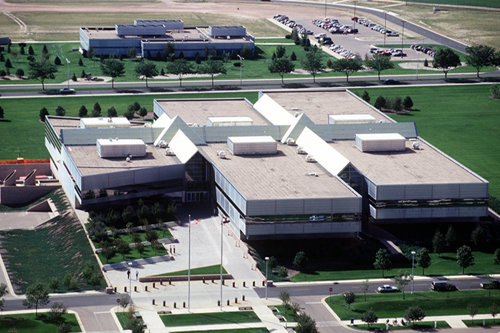
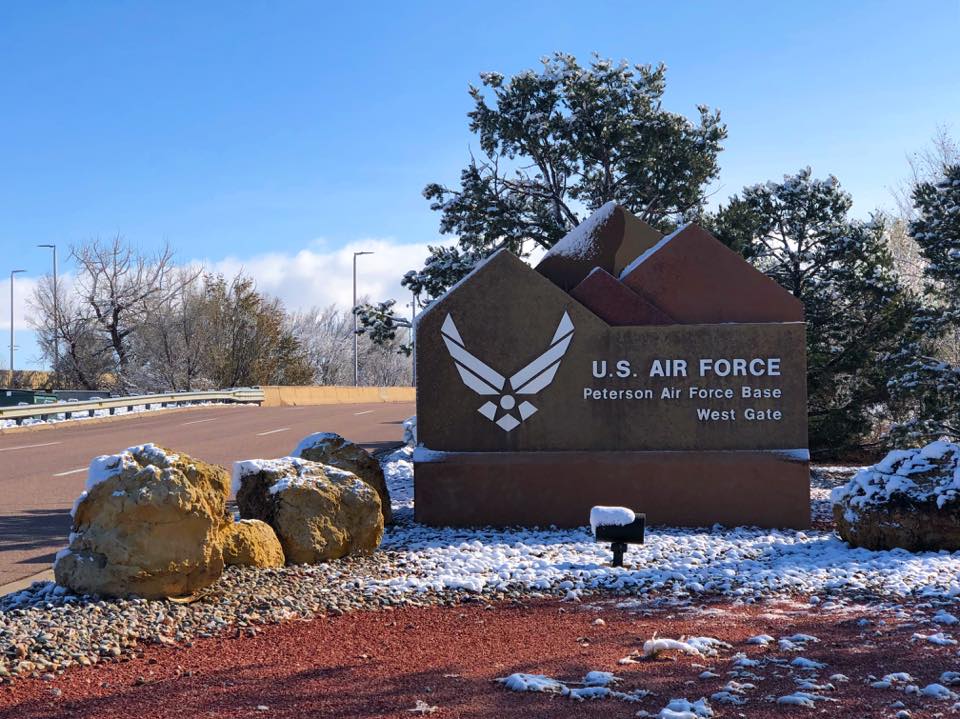

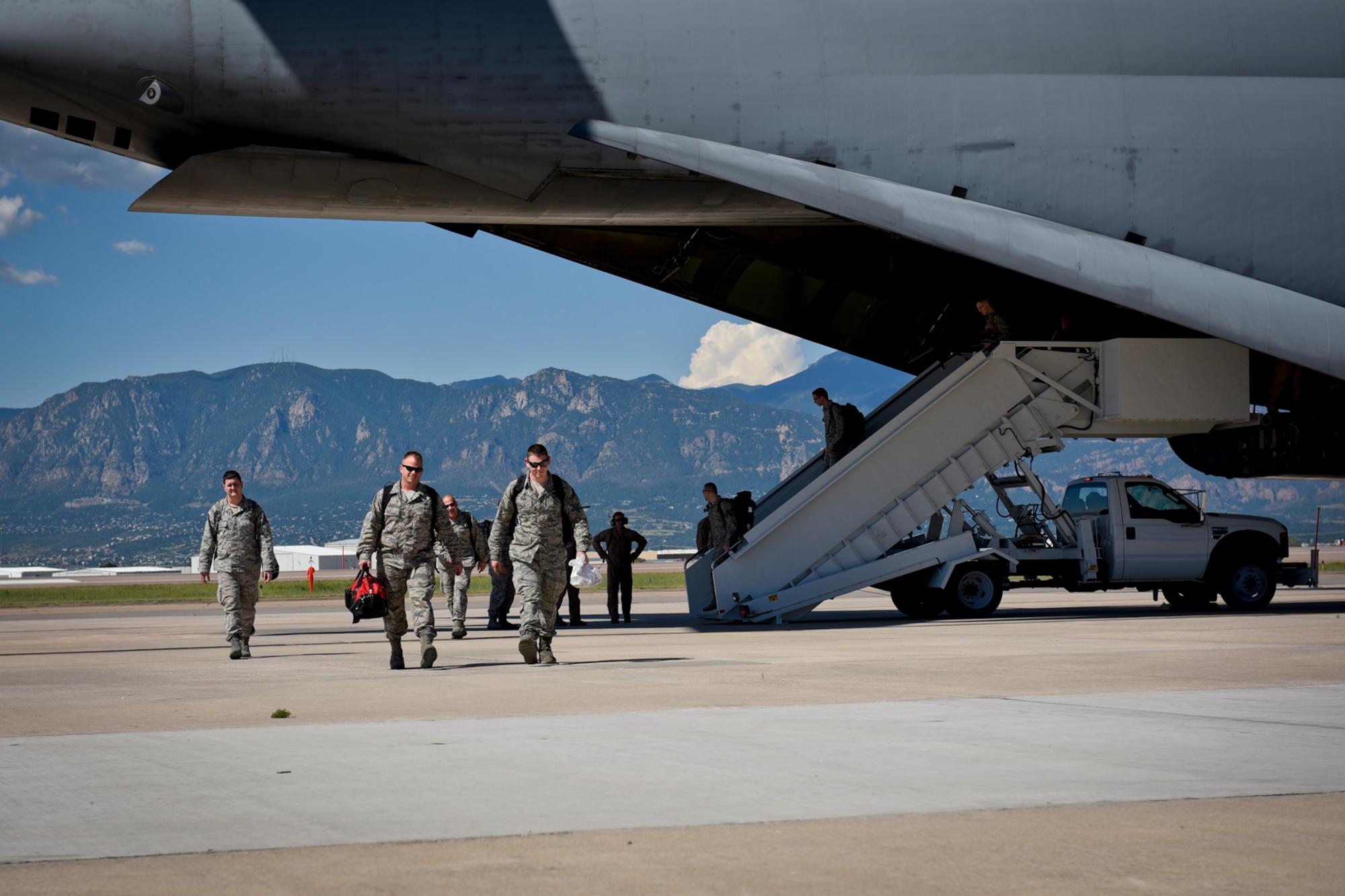
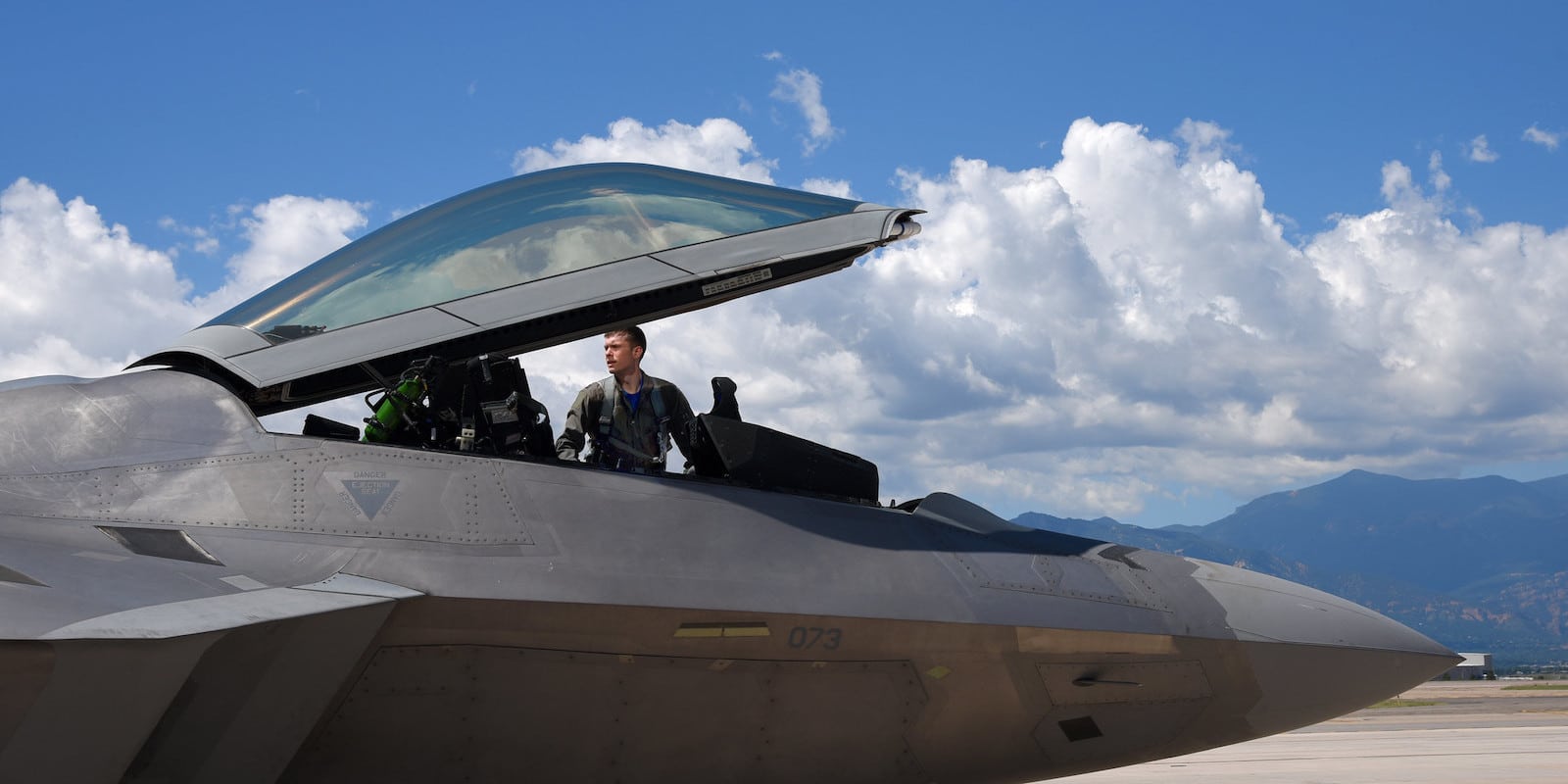
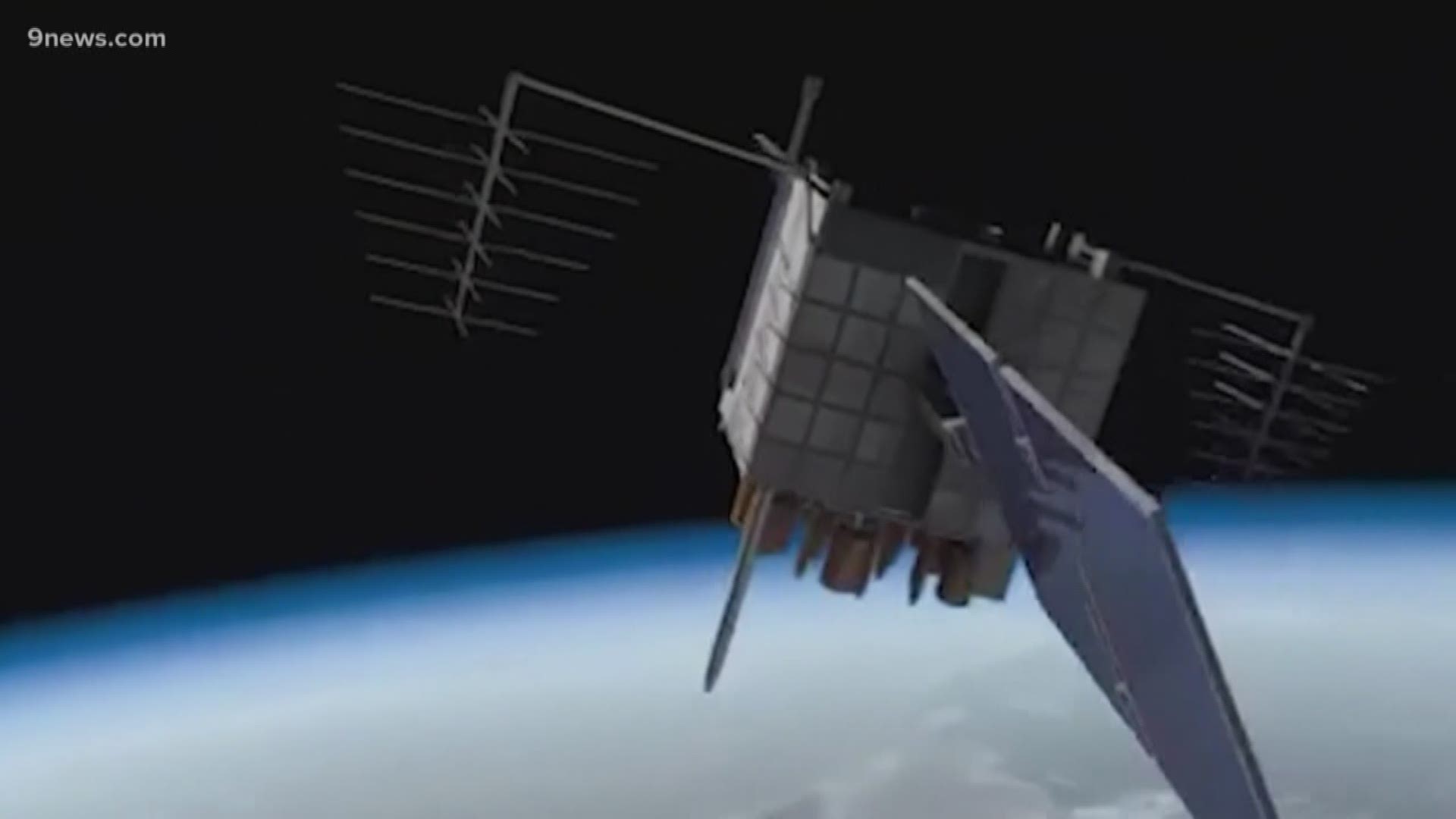
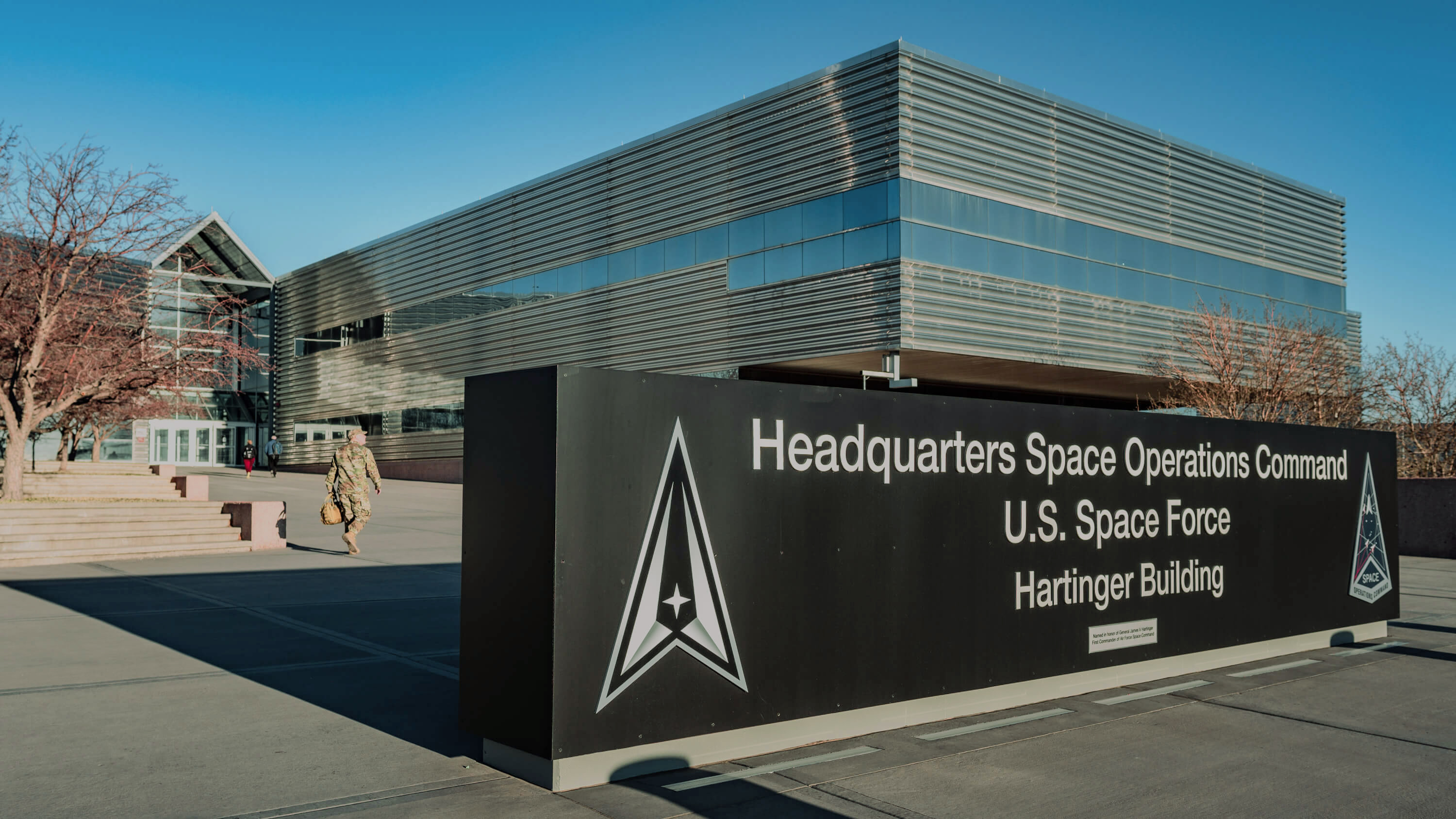
Closure
Thus, we hope this article has provided valuable insights into Peterson Air Force Base: A Vital Hub for Space and Missile Operations. We thank you for taking the time to read this article. See you in our next article!
